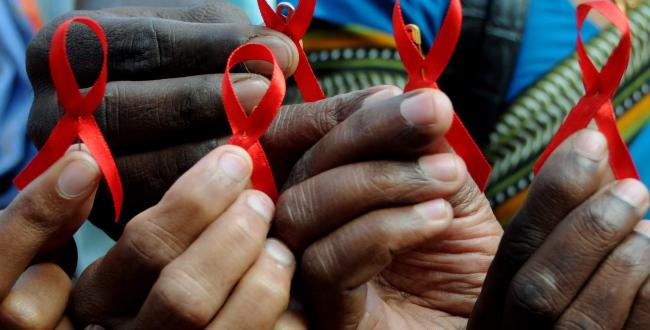South Africa’s first national HIV stigma index has found that seven percent of HIV-positive women surveyed reported being sterilized against their will and about 40 percent reported contraception was a pre-requisite of accessing antiretrovirals (ARVs). The index also found that five percent of respondents also reported that they did not seek health services at their local clinic due to stigma.
Launched yesterday at the SA AIDS Conference in Durban, South Africa’s HIV stigma index surveyed about 10,500 people living with HIV across the country in what is the world’s largest survey of its kind. Commissioned by the South African National AIDS Council (SANAC), the report also showed that 14 percent of surveyed women living with the virus reported not receiving ARVs during pregnancy despite national policies.
Following from this, the study found that while HIV-related stigma is much lower in South Africa than in other African countries, women and young people continue to bear the brunt. “We heard from people living with HIV who had refused marriage due to stigma, had avoided work promotion, or had been coerced into undergoing sterilization,” said the research’s project manager Sindisiwe Blose. “Behind the figures, lies a depth of suffering that struggles to be addressed.”
The report comes almost 20 years after Durban HIV activist Gugu Dlamini was beaten to death for disclosing her HIV-positive status. Called an “AIDS martyr” at the time of her death, Dlamini came to embody the price of HIV stigma for many. Her daughter, Mandisa, was 12 years old when her mother died. She toured Durban’s Gugu Dlamini Park with Deputy President Cyril Ramaphosa ahead of the stigma index’s launch. Mandisa spoke candidly about her mother’s death at the 2011 SA AIDS Conference.
“[The community] started beating her with anything they could find,” said Mandisa, who was largely left to fend for herself until being taken in by a stranger. “When they were done, they pushed her down a cliff and they told the neighbour, who was also [HIV] infected and a friend of my mother’s, ‘Go and tell them to come and fetch their dog, we are done with it.’”
Speaking at the launch, veteran HIV activist and Positive Women’s Network Executive Director Prudence Mabele revealed that she spent years harbouring guilt over Dlamini’s death after encouraging her to publicly disclose as she had. The index showed that one-third of people living with HIV had been stigmatized by their communities and an equal proportion also reported being discriminated against due to a tuberculosis (TB) diagnosis.
According to SANAC CEO Dr Fareed Abdullah, the results may indicate that TB stigma is worse than that attached to HIV. Almost half of all people living with HIV surveyed reported having feelings of shame and guilt – or internal stigma – and about 10 percent had contemplated suicide. These feelings led 14 percent of people surveyed to forgo sex or marriage, and a third of participants to refrain from having more children. At the index’s launch, Deputy Minister of Health Dr Joe Phaala announced that government through non-profit umbrella organization the AIDS Consortium is piloting interventions to address stigma in the Eastern Cape’s OR Tambo District.
Piloted in countries like Uganda, the Positive Health, Dignity and Prevention programme aims to improve the health of people living with HIV and their involvement in HIV prevention campaigns. According to Phaala, if the pilot is successful and resources are available the programme may be introduced nationally.
Both of South Africa’s major networks of people living with HIV, the Treatment Action Campaign (TAC) and the National Association of People Living with AIDS participated in the study. Both groups condemned ongoing drug stock outs in the country and called on Deputy President Cyril Ramaphosa, who was in attendance, to urgently address the issue
Phaala’s announcement follows the recent launch of a partnership between SANAC, Legal AID South Africa and public interest law organization Section27 to provide legal assistance to people who believe they have been discriminated against due to their HIV status. People seeking to access the service can call the toll-free Legal Aid helpline on 0800 110 110.




